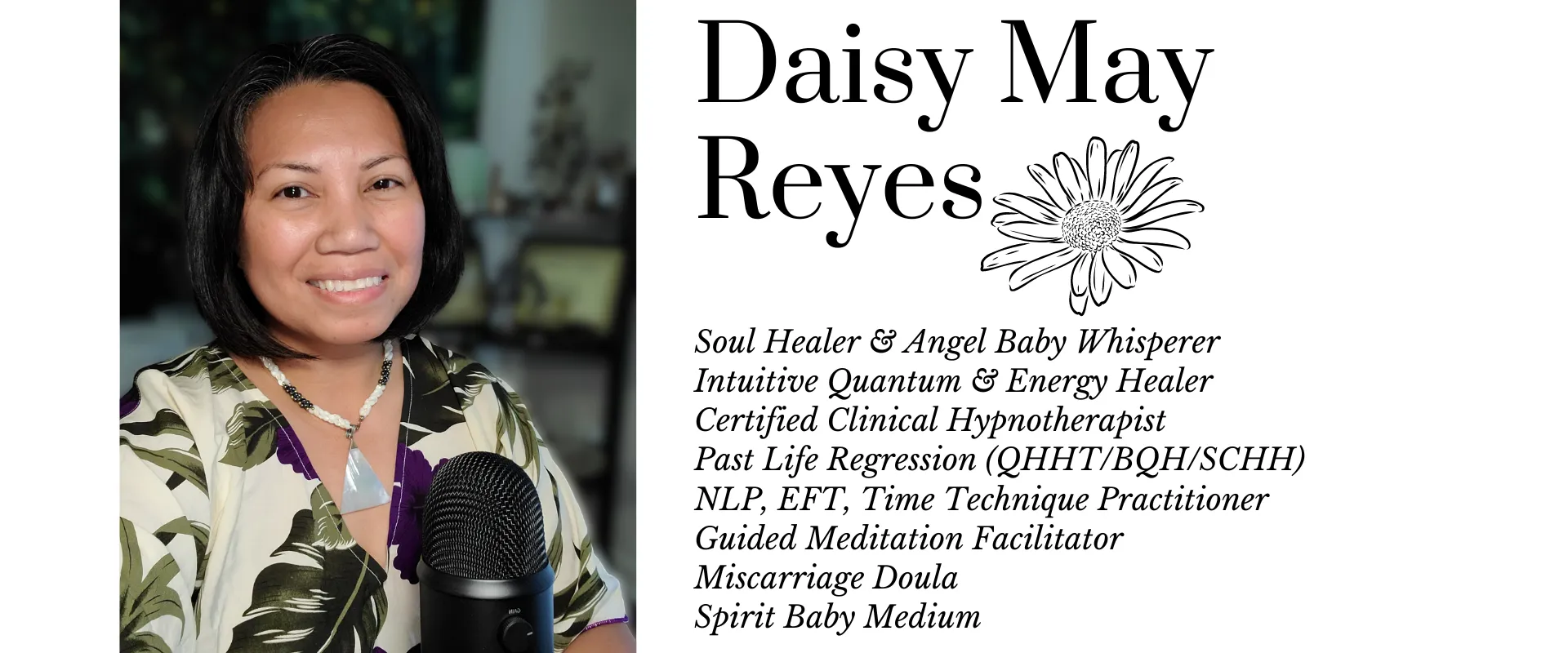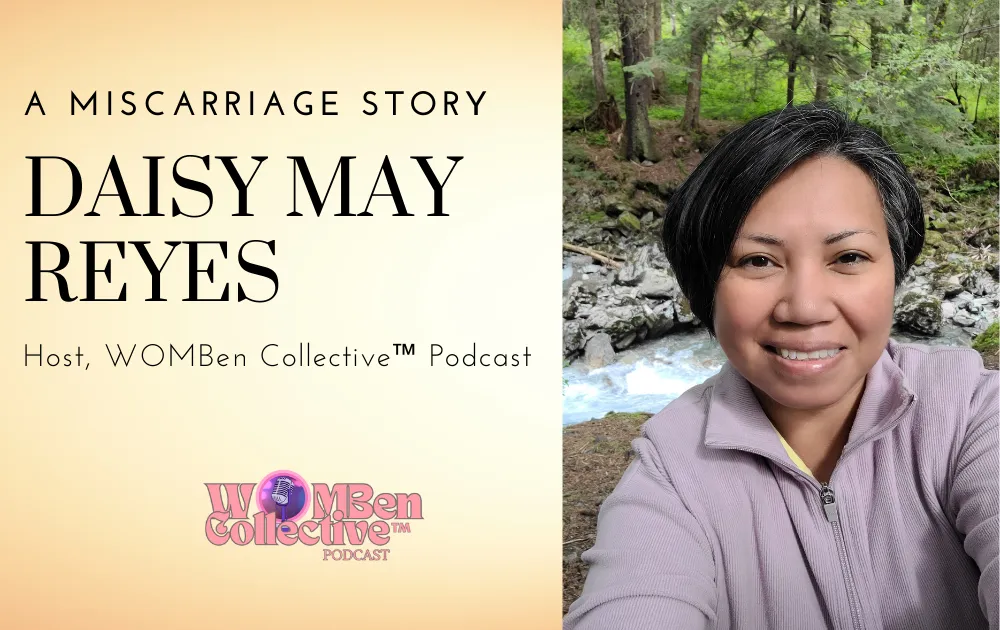"You Are Not Going Crazy"

Please be advised that this blog article contains content that may be triggering to some readers. Reader discretion is advised as the article discusses sensitive topics that could evoke strong emotional responses.
Grief after a miscarriage is a labyrinth of emotions, often compounded by the insensitivity or unawareness of others, even well-meaning loved ones.
Feeling like you're going crazy when your grief is not acknowledged or understood is a common experience. It can be incredibly isolating to navigate through such intense emotions without the support and validation you need. Remember, your feelings are valid, and it's okay to seek help and understanding from those who are willing to listen without judgment. You're not alone in feeling this way, even though it may seem like it at times.
For mothers who have endured pregnancy loss, the prospect of interacting with infants or engaging in conversations around babies can feel particularly abrasive. It's a stark reminder of an unspeakable void, a trigger for sorrow that seems to cling to the edges of our broken hearts.
Understanding Your Grief
Please know first and foremost, your feelings are valid. You are not "going crazy." You're grieving the monumental loss of what could have been—a future you had lovingly envisioned. Your pain is palpable and unique, and it exists alongside a society that often struggles to give it the space and recognition it deserves.
Grief does not follow a neat timeline nor a clear set of stages that you can check off as you pass through each. Instead, it ebbs and flows, sometimes crashing over you with overwhelming force, triggered by sights, sounds, or even the scent of a newborn. Other times, it's a dull ache, a quiet longing that accompanies you throughout your days.
Handling Triggers After Miscarriage
It is exceptionally challenging when others, especially those closest to us like a partner or family members, may not fully grasp the extent of this sorrow. When your husband comments on the allure of a baby's scent or when you're handed a little one to hold, it's not just the act that wounds you—it's the casual expectation to partake in a moment that mirrors your loss.
It's essential to recognize that people process grief differently, and their lack of understanding isn't necessarily reflective of a lack of care. Sometimes, a person's attempt to carry on "as normal" is their way of coping, but it can feel isolating when that approach does not align with your need for acknowledgment and sensitivity.
Communicate your needs clearly to your partner and family. This may help them understand that your healing process requires certain boundaries, such as not being around babies for a time or needing them to be conscious of baby-related conversations in your presence. Professional therapy, support groups, and forums can be nurturing spaces to share these experiences, receive support, and gain strategies for managing triggers.
Self-Care and Seeking Support
In the wake of a miscarriage, self-care isn't just a concept—it's a lifeline. Give yourself permission to pause, to step back from social situations when you need to, and to honor the space and time you require to heal. Surround yourself with people who understand, or at the very least, respect your process. Seek out others who have lived through similar experiences—there is solace in shared stories, an unspoken understanding that transcends words.
Healing doesn't mean forgetting or moving on from your loss; it means integrating this experience into the fabric of who you are. It means discovering ways to carry the love and the loss together, and it's a journey that's as individual as you are. In time, the edges of your sorrow may soften, and moments of joy will seep back into the crevices of your life.
Furthermore, think carefully about your interactions and boundaries. It's okay to opt out of baby showers, to scroll past photos of infants on social media, or to express your discomfort to friends. Your emotional well-being takes precedence.
Lastly, should you decide to try for another pregnancy, or if life leads you down a different path altogether, your experiences have crafted a strength in you that is formidable and full of grace. Your sensitivity to the topic of babies is not a weakness—it is a testament to the depth of your love and the courage that comes with facing each new day after loss.
Final Thoughts
For all the mothers out there who have faced pregnancy loss, please know your grief is real, and your reactions to babies and all they symbolize are as normal as they are heart-rending.
Reach out when you're ready, take your time to mourn, and stand firm in what you need to heal. You are not alone, your experiences are shared by many, and your emotions a reflection of a love that endures beyond presence, a bond not even loss can sever.
ABOUT

Daisy May Reyes is a spiritual guide dedicated to helping women heal from the deep emotional wounds of pregnancy loss, miscarriage, and infertility. Drawing from her own transformative experiences, Daisy empowers women to release pain, find peace, and connect with their spirit babies. As the host of the WOMBen Collective™ podcast, she provides a compassionate space for women to explore their journeys and gain spiritual insights. Daisy's mission is to guide women toward healing, self-discovery, and a renewed sense of purpose. When she's not working, she delights in nature walks, powerlifting, and spending time with her family.






